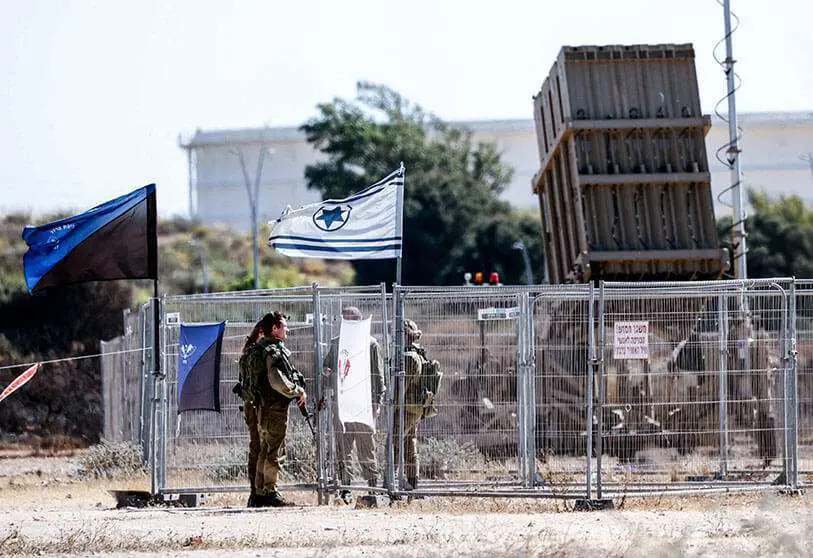Israeli arms for Ukraine via Europe

Among the immediate consequences of Russia's invasion of Ukraine was Israel's significant change of position, as its government lifted the veto it had imposed on the United States to sell its advanced Panzerfaust 3-IT anti-tank weapon system to Ukraine. This decision was intended to preserve its strong ties with Russia, with whom it cooperates closely in the systematic bombing of Hezbollah targets, Iran's armed wing for terrorist operations against Israel from Lebanon and Syria.
The first large shipments of this proven effective weapon system, which could halt the advance of Russian armour, are already being made by the Netherlands and Germany, which hold the licences for the manufacture of these weapons from the Israeli company Rafael Advance Defense System. The Netherlands will send the system to Ukraine, which is equipped with 400 rockets capable of hitting moving targets between 300 and 600 metres away with great precision.
Germany will follow suit, after Chancellor Scholz last weekend radically changed his country's policy on the matter: "The Russian invasion marks a decisive change, since it constitutes a global threat to the post-war international order. In this situation it is our duty to do our utmost to support Ukraine in defending itself against Vladimir Putin's invading army. Germany stands firmly alongside Ukraine in this situation. A shipment of a thousand of these anti-tank weapons, complemented by 500 American-made Stinger missiles, would complete Germany's emergency contribution to Ukraine's defence.
Israel, which has developed a powerful military industry, had already stepped up sales of its various weapons systems to the many European countries that felt particularly threatened since the unilateral annexation of the Crimean peninsula in 2014. In 2021, Israeli defence exports reached a volume of $8.3 billion, 30 per cent of which was destined for Europe.
These systems comprise a wide range of missiles, rockets, comprehensive air defence systems, communications, drones, intelligence systems, avionics and high-precision electro-optical devices. State-owned Rafael has brought its fifth-generation Spike, an electro-optically guided missile, to market and has already sold it to at least 18 European NATO member states. According to The Jerusalem Post, these weapons could end up in Ukraine if the government of Naphtali Bennett were to authorise such a transit. Incidentally, the European countries could actively support the Ukrainian resistance, since the Spike can penetrate the powerful armour of Russian tanks as if they were made of butter.
Events are thus rapidly unfolding and the always dynamic arms market is experiencing unusual activity, with changes in strategy in positions that were hitherto seemingly immovable, such as Israel's, but which events and public pressure are forcing rapid changes

